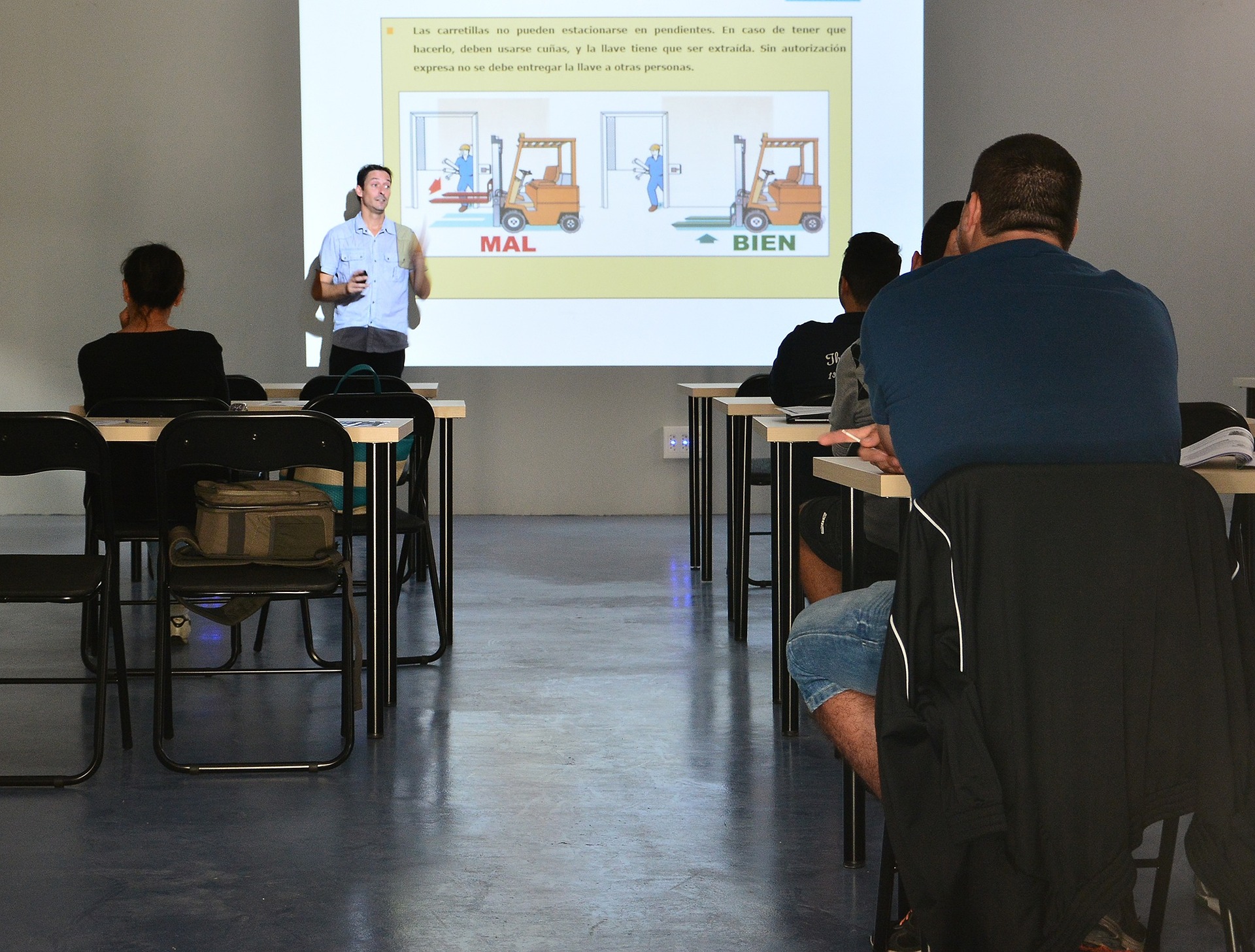Regardless of the industry within which a business operates, the human resources department serves a universal function: to support employees in a way that creates a more functional and positive work environment. Professionals in HR focus on developing their interpersonal skills and familiarizing themselves with company policies. That way, they can be a source of support for workers at every level of the organizational hierarchy.
Listed below are eight things that an HR department can do within a company to establish a productive, encouraging workplace.
-
Provide training for onboarding employees.
HR is responsible for developing and scheduling training sessions for workers during the onboarding phase of employment. This is beneficial for both the employees and the company. This is because the organization is able to rely on its new workers, who are well-prepared to perform their assigned tasks. Additionally, the trained employees gain a sense of confidence in their ability to perform their duties, leading to higher morale within the office. Employees who feel as though they are supported through comprehensive training are more likely to feel satisfied in their new positions and less likely to quit within the first year.

-
Create strong teams.
One element that contributes to a positive work environment is the establishment of a teamwork-based culture, and human resources is responsible for finding ways to foster it. The HR department works to facilitate stronger bonds between employees at all levels of the organization by promoting open communication and familiarity through team-building exercises. It also focuses on making sure workers at the management level are well-acquainted with one another in order to help them develop professional trust. The better that managers know each other, the more efficiently their teams work together, creating a friendlier and more productive workplace.
-
Resolve conflict.
One of the most important ways that HR can create a positive work environment for employees is by acting as an intermediary in situations that require conflict resolution. Professionals within the HR department respond to employee complaints, navigate labor settlements, work as a go-between for a company and labor unions, and handle allegations that could potentially result in legal action. By intervening in cases of conflict, HR is able to help employees work through uncomfortable situations and restore unity to an office, making it a better place for everyone to work.
-
Offer career support.
Employees who feel stagnant in their careers may find themselves disengaged from their work. However, HR can help minimize these negative feelings by implementing voluntary skill-building programs. Through these programs, existing employees can participate in activities that allow them to learn new skills in areas like sales or customer service. Providing the opportunity to gain additional experience helps employees grow professionally, leading to greater job satisfaction. In this same vein, HR can work with employees to evaluate goals and devise plans of action for moving forward on their desired career paths.

-
Defend against poor management.
The HR department is focused on helping the company succeed, and it typically does so by supporting management. However, HR representatives must also recognize when they need to protect talented employees from ineffective managers. HR can accomplish this by setting explicit workplace policies and establishing performance standards to which they hold managers accountable. They may also incentivize the individuals they hire to fill management positions through pay-for-performance compensation structures, among other tactics.
In the event that a manager is not leading his or her employees fairly or effectively, HR has the ability to take remedial actions. These may include enrolling the manager in leadership development training, pairing the manager with a mentor, or requiring more frequent meetings with the manager to keep tabs on his or her progress as a leader.
-
Answer questions.
Whether a worker has a complex question about company policy or simply needs help understanding the various insurance options available during an enrollment period, HR representatives function as points of contact. Many people in the workforce struggle to fully understand their insurance options, even though studies have shown that a quality insurance plan ranks high on modern employees’ priorities in a job hunt. Because benefits materials can be difficult to grasp, HR representatives typically develop presentations to help workers choose benefits that suit their needs, and open themselves up to answer any questions that employees may have, no matter how difficult.

-
Hire great coworkers.
Hiring is one of the first things that comes to mind when people consider the function of HR. An effective HR department benefits existing employees by hiring job candidates who fit in well with company culture. Ultimately, a company’s success is dependent upon the quality of its employees, and HR is responsible for bringing in the best possible people to fill open job positions. The more effort that the HR department puts into recruiting employees who have the right professional abilities as well as personalities that make them a good fit with the company’s existing employees, the better the working environment is for everyone.
-
Listen.
One of the simplest yet most effective ways that HR supports employees is simply by listening to them. When employees feel heard, they also feel more valued. This translates to greater loyalty to the company It also encourages a higher degree of employee engagement, meaning more productivity for the business and greater contentment for workers.

